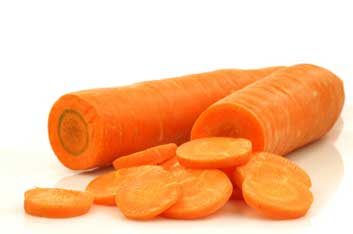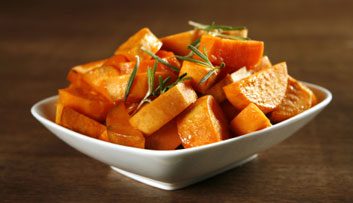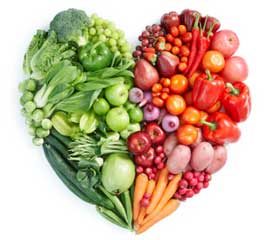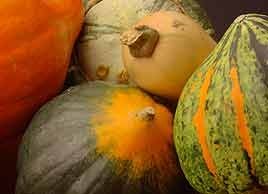
Fight breast cancer early
Retinoic acid is a substance derived from vitamin A that is plentiful in sweet potatoes and carrots. In research done at Fox Chase Cancer Center in Philadelphia, retinoic acid helped act against breast cancer at its two earliest stages (but not in its two later stages).

Boost beta-carotene
Beta-carotene helps to regulate our immune system and maintain good vision. It’s a fat-soluble nutrient, and a study showed that stir-frying certain veggies with a little oil led to a large increase-63 percent for carrots and 53 percent for pumpkin-in the amount of beta-carotene the body could use. So roast sweet-potato cubes coated with a little olive oil, or toss a few oil-rich walnuts into the centres of squash halves before baking.

Love your heart
Add a raw carrot to lunch and take advantage of its high level of alpha- and beta-carotene, antioxidants that help to fight oxygen-related damage in the body. Studies show that higher levels of these compounds may lower the risk of death from cardiovascular disease. Butternut squash and canned pumpkin are also excellent sources of both alpha- and beta-carotene.

Protect your eyes
Pumpkins and carrots are rich in lutein and zeaxanthin, two plant pigments that help prevent cataracts. ?A study published in the Archives of Ophthalmology of more than 35,000 women showed that those with the highest amounts of the pigments in their diet (6,716 micrograms [mcg] per day) had an 18 percent lower risk of cataracts compared to those with the lowest (1,177 mcg per day). A ½-cup (125-mL) serving of cooked pumpkin has 1,313 mcg; ½ cup cooked mashed carrots has 828 mcg.

Rev up your immune system
Because of its role in blood cell growth and protein metabolism, vitamin B6 helps our immune system produce antibodies to fight disease. A medium sweet potato baked in its skin has 25 percent of your daily needs, and ½ cup of mashed acorn squash has 19 percent.
Related:
• 6 reasons to eat more squash
• 6 foods for healthy eyes
• 10 ways to eat squash
